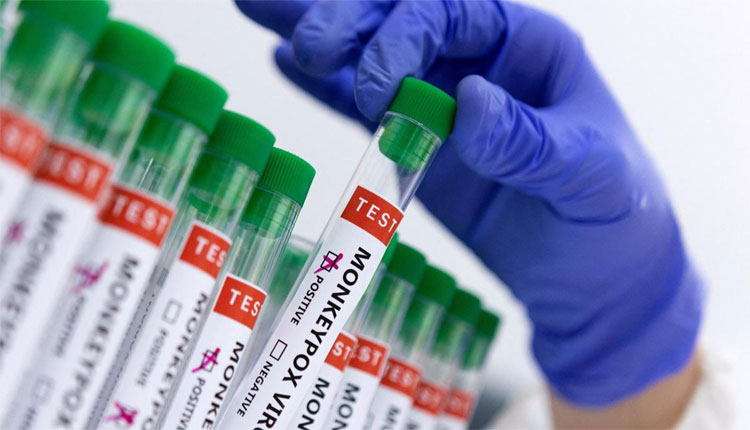New Delhi: The World Health Organization (WHO) has officially declared monkeypox (mpox) a global emergency as the viral infection continues to spread rapidly. This marks the second time in two years that the disease has reached such alarming levels worldwide. Mpox can be fatal, particularly for children, pregnant women, and those with weakened immunity, including HIV patients. The WHO’s declaration comes after the identification of a new, more transmissible strain of the virus.
Mpox is primarily spread through close physical contact, including sexual contact, although there is no evidence suggesting that it transmits easily through the air. The emergence of the new strain has raised concerns, as it appears to be spreading more efficiently among populations. The WHO had first classified mpox as an emergency two years ago when the ‘clade IIb’ variant began spreading globally, predominantly among men who have sex with men.
Historically, mpox has been a public health issue in parts of Africa for decades. The first human case was recorded in Congo in 1970, with outbreaks persisting ever since. Congo has been hardest hit by the virus, reporting over 27,000 cases and more than 1,100 deaths since January 2023, primarily among children. Currently, Congo is battling two variants of mpox: the endemic ‘clade I’ and the newly identified ‘clade Ib’.
The spread of mpox from Congo has extended to neighbouring countries, including Rwanda, Uganda, Burundi, and Kenya. On Thursday, Sweden reported the first case of ‘clade Ib’ outside Africa, highlighting the global risk. The WHO reiterated its stance against travel restrictions, emphasising the need for international cooperation to combat the virus. Pakistan also confirmed a case of mpox on Friday in a patient returning from a Gulf country, although it remains unclear whether the case involves the new strain.
Efforts to curb mpox have been hampered by a lack of global support. The WHO’s appeal for $34 million in 2022 to fight mpox received no donor response, leading to disparities in vaccine access. African nations, for instance, struggled to obtain doses of the two vaccines—manufactured by Bavarian Nordic and KM Biologics—used during the global outbreak.
The situation remains challenging two years later. On Wednesday, the WHO renewed its appeal for countries with surplus vaccine supplies to donate doses, acknowledging that stocks are still limited. The Africa Centres for Disease Control and Prevention (CDC) has announced plans to secure vaccine doses, although details remain scarce. Mortality rates for mpox vary depending on healthcare access, with Congo reporting a 4% fatality rate in both ‘clade I’ and ‘clade Ib’. The globally circulating ‘clade II’, however, has proven to be far less deadly.
As the threat of mpox persists, the WHO and global health authorities stress the urgent need for coordinated action and resource-sharing to contain the outbreak and protect vulnerable populations.



Comments are closed.